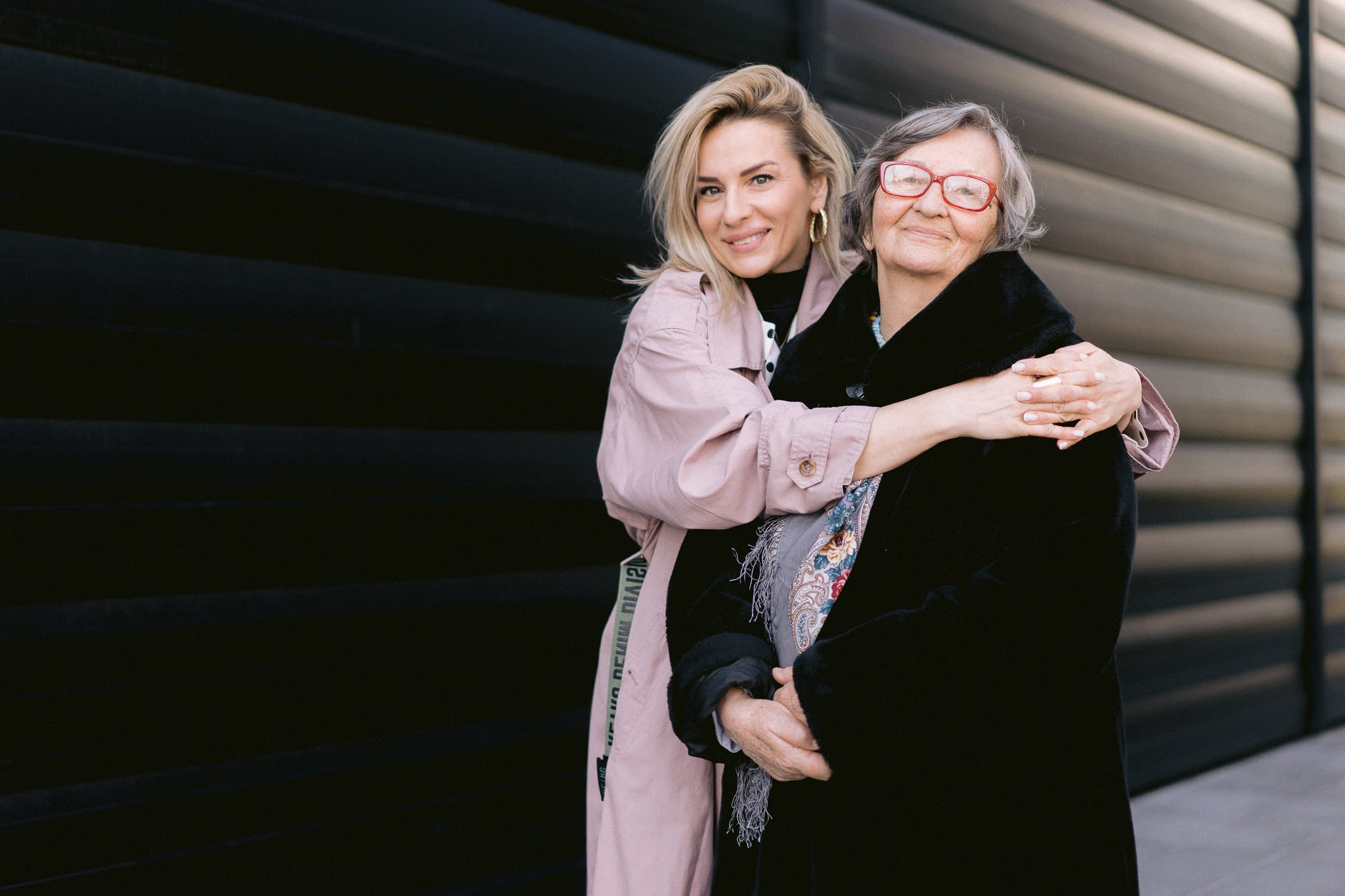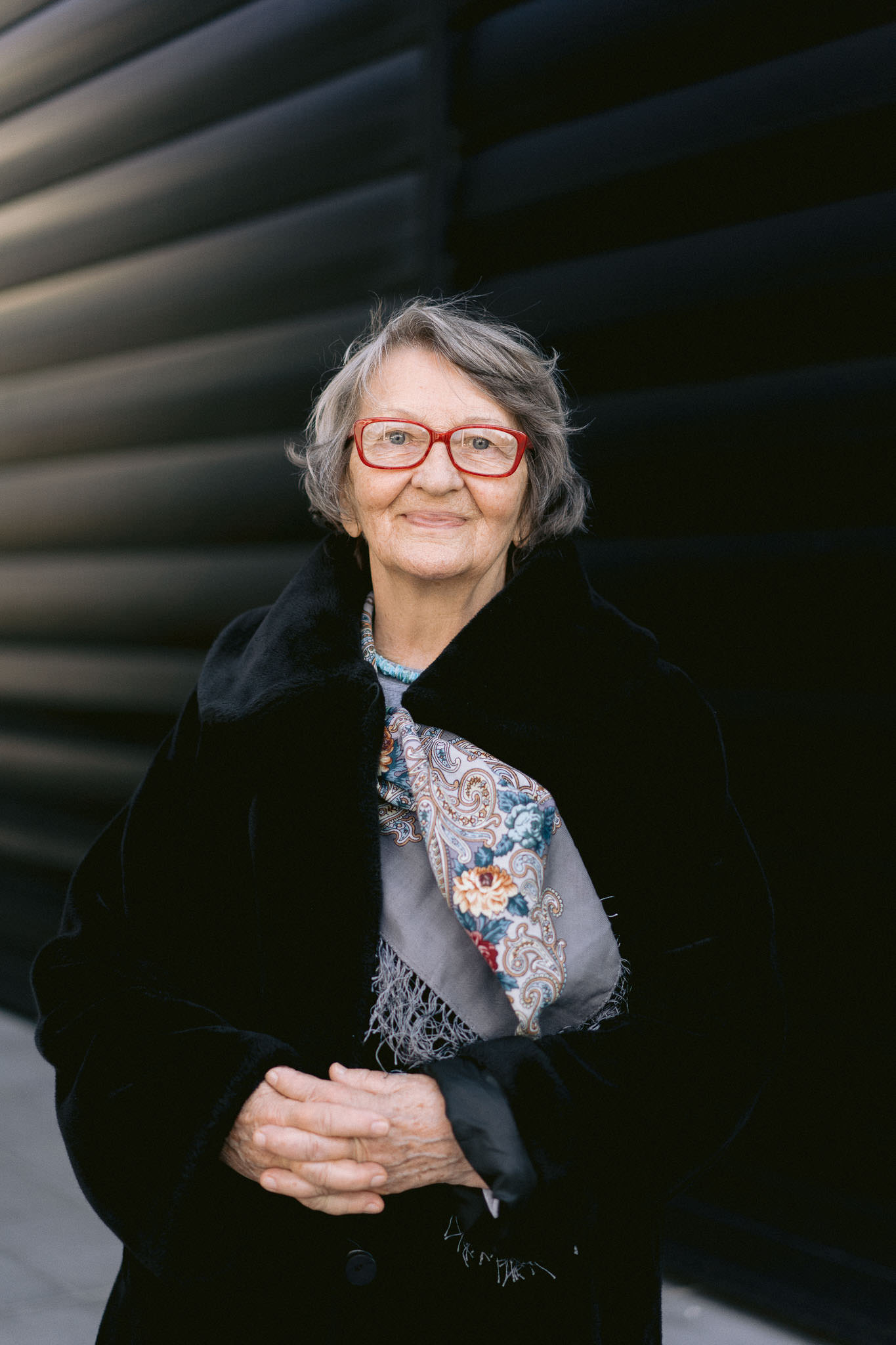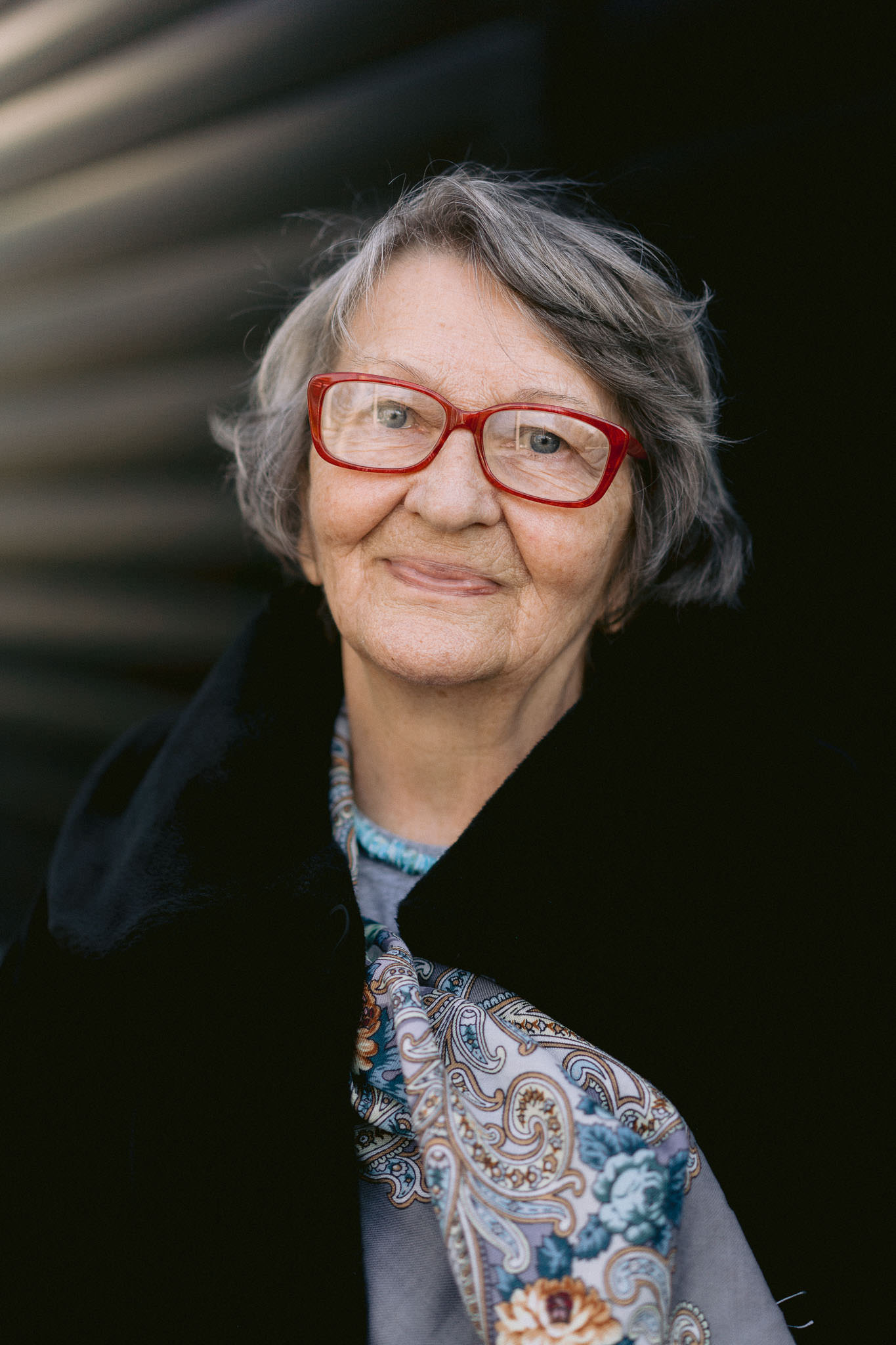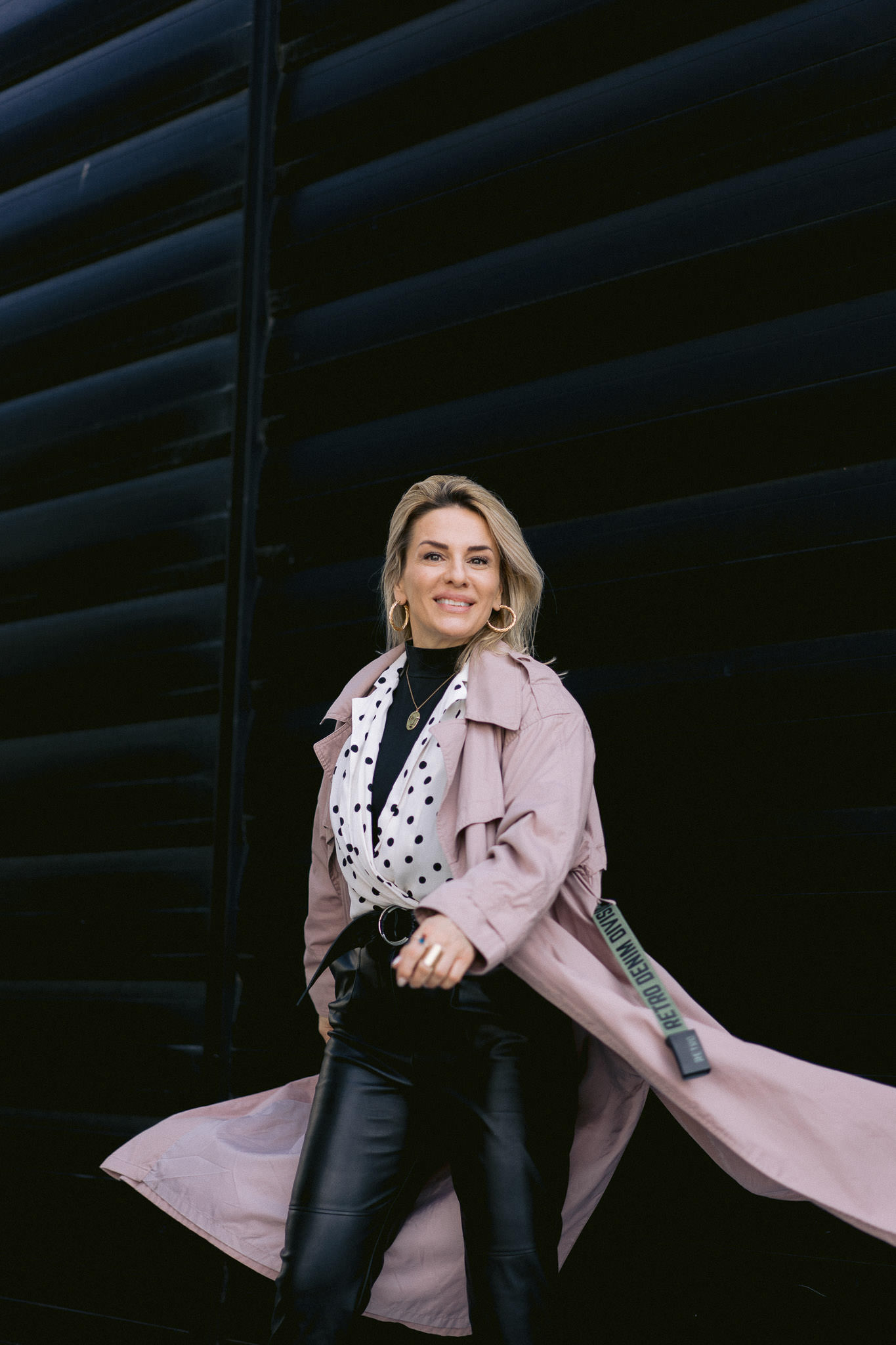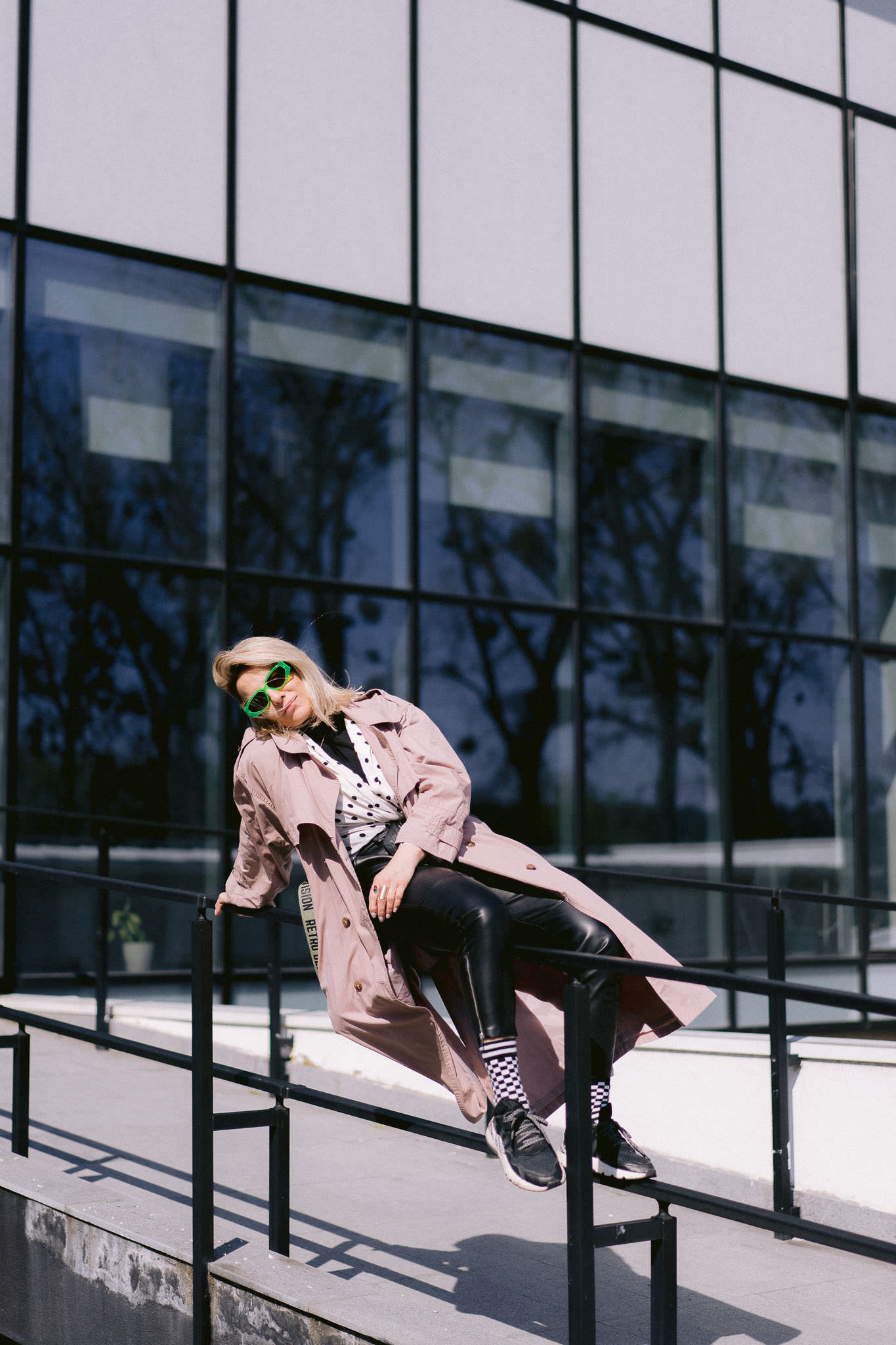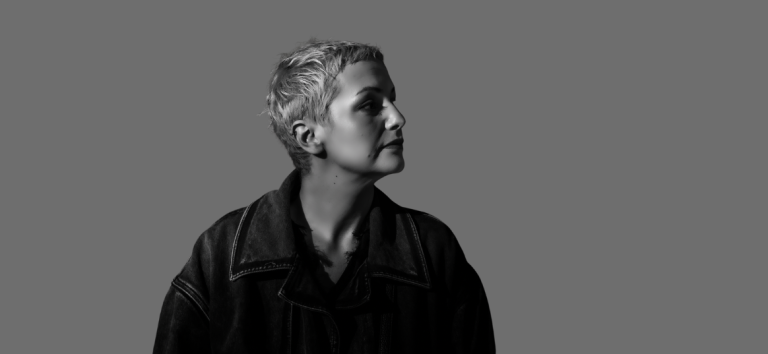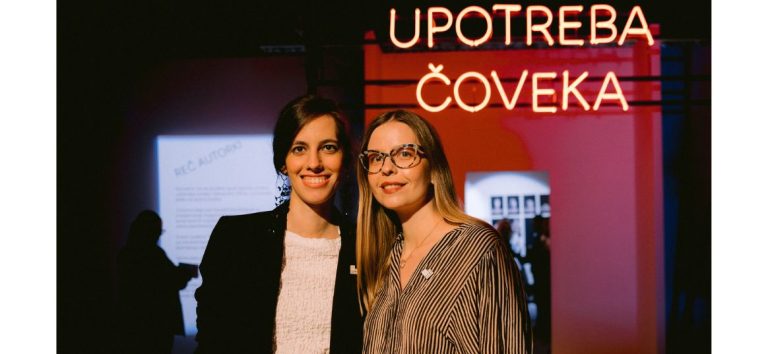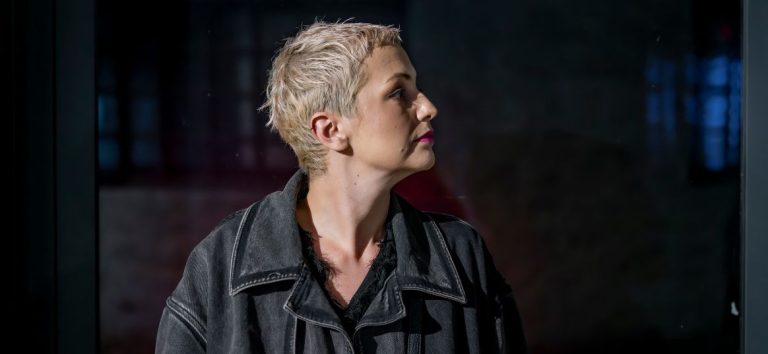There’s probably no relationship as complex as the mother-daughter one. Last month was all about women. So we’ve decided to talk about some important stuff with a mother and a daughter, the two self-aware successful women who have incredible energy, but a strong attitude as well. Svenka Savić and Maja Brukner are brave and direct representatives of women whose voices are heard – one in the academic world, another one on stage. Both of their voices are significant and loud enough to serve as an example that, through different generations, professions, hobbies and choices, you must always fight. In the text to follow, you are going to meet Svenka and Maja, our fellow citizens and completely (un)ordinary women.
The 110th International Women’s Day was celebrated recently. What does this holiday mean to you?
Svenka: To me, it is a day that reminds people of the rights women fought for during the 20th century. It’s a retrospective and a reminder of what we can never let be taken away from us or banalized in the form of flowers, cosmetics or lunch a boss pays for his female employees.
Maja: Definitely a lot more than flowers and chocolate. To me, it represents the right to vote, the right to plan pregnancy on your own, the right to maternity leave. However, our society is still full of stereotypes and prejudices, and true equality is yet to be established. Ending discrimination is usually stronger in theory than in practice, which we can see through currently popular affairs regarding sexual harassment. For example, when you look at the comments from both sexes, and the amount of belittling and shifting the blame, it’s clear that there’s a long way ahead of us. You can give us flowers only when something truly changes.
We see the mother-daughter relationship in works of art – in literature, film, theatre. What makes this relationship specific and intriguing?
Svenka: I would say it’s the tension when it comes to older women: constant balancing between power and owning. In feminist literature, the mother-daughter relationship is dealt with and analysed in different ways and the central themes are always power, control of behaviour and emotions, as well as social relationships. Deborah Tannen described a conversation between a mother and a daughter in order to show mis(understanding) of two adult women, which is much more different than mis(understanding) of, say, mother-in-law and daughter-in-law. The author says women often talk a lot and for a long time. She adds that they should learn a thing or two from men as well, who often do things together in order to establish and strengthen friendships and relationships in general.
Maja: The mother-daughter relationship is complex and the most important relationship in a woman’s life. Sometimes me and my mom fight and argue every hour, but not a day goes by that we don’t speak. I am sure that the relationship you have with your mother shapes you as a kid, and that’s why I find this relationship so intriguing. The role of a mother is huge. The way children learn to think and behave towards themselves depends on it, so it’s quite dangerous if that relationship is dysfunctional. When it comes to the relationship of my mother and I, we are very close, although very different. She tries to understand me when no one else does and she’s always there to support me. I try to be the same with my kids, I try to be their everlasting source of support. The kind of support I got from my mom is what strengthened me in life. It’s a safe emotional harbor. A mother must be emotionally and mentally stable.
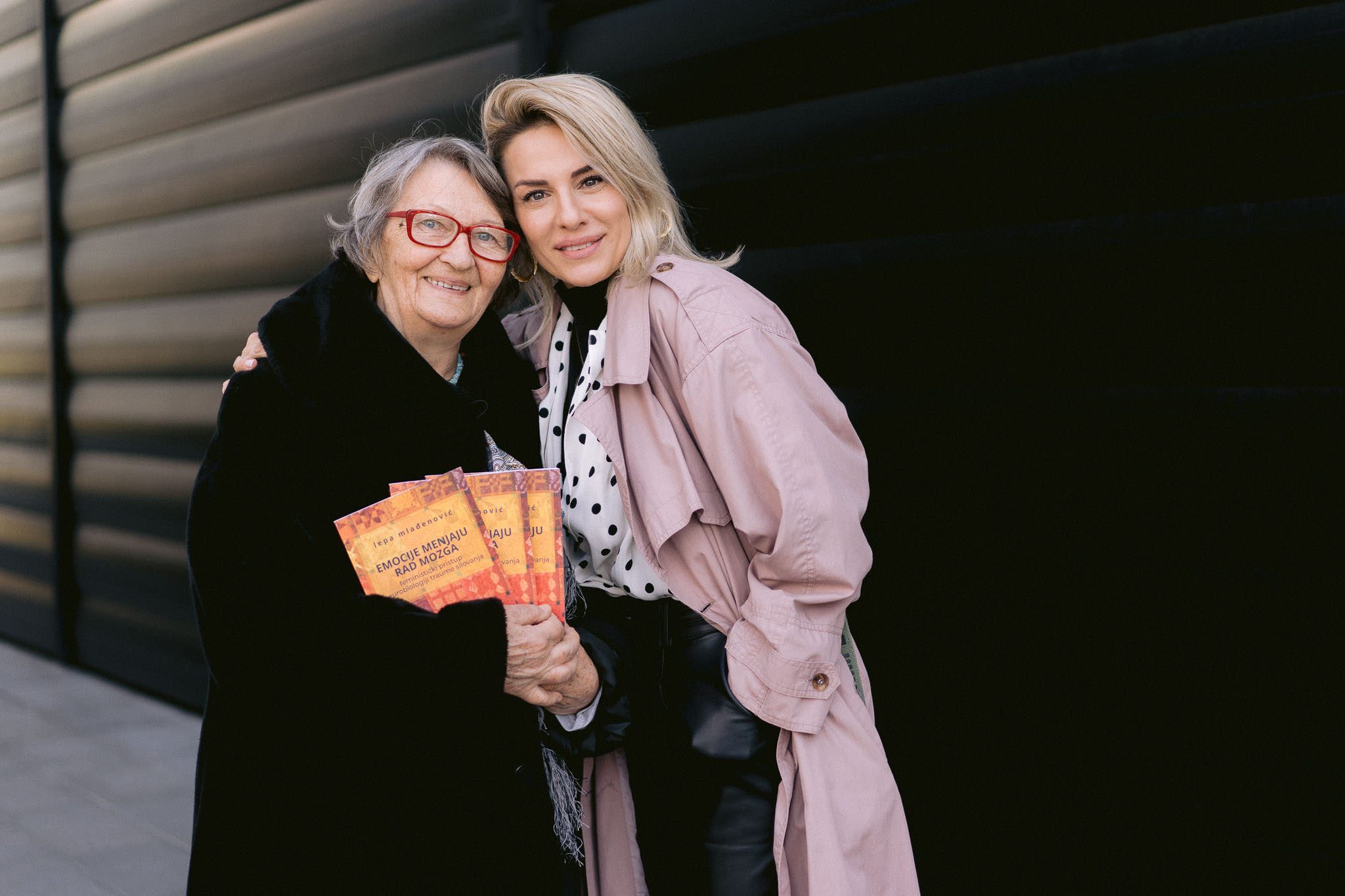
Your name goes hand in hand with many titles – professor emerita at the University of Novi Sad, ballet critique, founder of Women’s Studies, women’s rights activist. Which one is the most significant to you?
Svenka: Everything is equally significant, the context determines what is in focus at a given moment. For example now when women’s rights are clearly in danger of disappearing, I work a lot on strengthening young women to fight for their rights, to keep safe what we have already achieved (such as the right to have a child or not, the right to marry who I want, the right against violence of any kind) and reminding them always that some women before us gave their lives in order to have all the rights that we do today… We simply can’t rest since the patriarchy is so strong, and so against us women.
How much is today’s women activism different from the one when you were your daughter’s age?
Svenka: Today, young women are able to inform themselves much easier, which helps a lot when it comes to orienting and creating your own values and opinions. Information is all around us, online, in print, in theatre, film and other types of works. What’s important is that they don’t get lost in all the chaos, since it’s chaotic. What is unknown among young women today is the memory of women (partisans, anti-fascists) before them, the memory of racism and fascism being present always, just in different forms.
Do you think that today, in addition to women, men also suffer a lot of pressure and that they are also subject to stereotypes of masculinity that are difficult to fulfil, while it seems that not much is being said about it?
Svenka: I agree. However, men’s studies deal with that issue, I’m not an expert when it comes to that.
In an interview, Maja said she learned a lot about fighting for women’s rights and empathising with marginalised groups from you. Is there something you learned from your daughter?
Svenka: The importance of enjoying every situation, whether it is spending time with kids (grandkids), eating or hanging out with others for the sake of enjoying yourself and having a good time!
‘Između baletske i jezičke igre’ (en. Between Ballet and Language Games) is the name of a book by Ivana Antonić, published last year on the occasion of your 80th birthday and 60 years of work. Students, but also the general public, know you as a linguist, but your work in the field of ballet is also important. To what extent are you still familiar with ballet and language games?
Svenka: There’s no difference, they always go together, it’s just that the focus sometimes shifts. I chose interdisciplinary research and that’s how I think of reality as well. For instance, I wrote about Radule Bošković on the occasion of 40 years of working in the Serbian National Theatre, where I analysed texts and pictures of his posters for ballet performances, especially children ballet performances, while the topic was actually theoretical in linguistics: what is the minimum information text.
If languages shape our reality, what is that reality like today, from the point of view of someone who studies psycholinguistics? What is the future of language in terms of new generations?
Svenka: Language is part of our reality, but also part of our past and our future. We can see younger generations communicating electronically, which implies certain rules, a need to react quickly. Thus, messages are short and written using different emojis instead of words; that’s language today. When it comes to everyday spontaneous communication, people tend to avoid punctuation signs, sentences and words are shorter than they used to be, and the rule is: be fast and avoid what’s not absolutely necessary… We shouldn’t worry about the future of language, language persists. We speak of phases native speakers go through growing up, thus, we have the language of high school students, university students, professional jargon… Linguists unjustly accuse young people because they bring novelties into language. Linguists are old-fashioned, especially those who write orthographies and norms. The norms are made to be changed.
Would you rather be remembered as a singer or as an actress?
Maja: I’d like to be remembered as an awesome person. To me, it’s very important to live a balanced life full of happiness and health, to be successful like my mother, to be a good friend and a good person. Whether I am going to be remembered or not is not that important to me. I try to look out for our country and planet, to nurture relationships with people and to generally do the best I can within my microcosm. I also try to pass these values on to my children.
What was your path to a music career like?
Maja: I have an acting degree, which implies stage, exchange of energies, a need for audience, giving 100% of yourself and so on. Since there weren’t any acting jobs available at the moment, I spontaneously started a career in music. I was always a talented singer, but I was never the one to grab a microphone on a night out. One guy said they needed a singer and asked me to come to the rehearsal. And I did. And I stayed. Music found me and we’ve been inseparable ever since.
Your powerful vocals, energetic performances and distinct style make you look powerful on stage, almost hypnotising. Have you always felt that way or did self-confidence come with time?
Maja: It came with time, absolutely. I’m essentially a shy person. I’m not an intrusive person and I definitely didn’t have the necessary self-confidence until recently. But, I also like to get out of my comfort zone, I like adrenaline, music, good gigs and I feel good on stage. When it all comes together, I literally distort myself and become something else, an alien. I don’t know if I can even explain this. Whether it is self-confidence or something else, it just pours out of me.
In an interview, you said there are a bunch of talented kids without motivation to make anything. What do you think is the reason for that? It seems it has never been easier to become popular. It’s just the question of what the most popular people today have to say. Can this be demotivating to young people who are interested in art but also want to nurture some other values rather than the ones that secure the way in the industry?
Maja: Young people today don’t have the focus, they are not interested in many things, everything is easily accessible, everything is instant, interests change click by click, the attention is superficial, and when there’s no focus, there’s no music, no science. I actually think it’s pretty difficult being a young person these days. It’s hard to resist adolescent challenges and the kind of music they are surrounded with. Today, the essence of young people lies in what they have and own, rather than in what they know or can do. Education, intelligence and emotions are overrated. However, I follow a lot of talented young people on Instagram that have their own audience and followers. They prove that people who have an idea, focus, people who are persistent and have a grid, are the ones to have an audience. It doesn’t have to be the most popular thing in the world, it’s not for everyone, but if it’s honest and high-quality, it’s going to be recognised and enjoy a long life.
How much did education and experience in acting help when it comes to music and performing on stage? Is there any kind of acting on stage or is everything always spontaneous?
Maja: I think it’s helped me a lot. I think I got a degree in acting in order to be more successful in singing. In my life, everything is always spontaneous, there’s no acting, no disguise, not on stage or in life.
Which cultural events in the city you never miss? Which events are some of your dearest memories?
Svenka: As expected, I don’t miss anything related to ballet and theatre, whether I expect it to be good or not, I always go. It’s almost like I have to be there.
Maja: I think Exit marked my youth. I missed Exit only once, when I gave birth to my second child. All other times I was there, hypnotized. I was even at the very first Exit ever, organised by the Faculty of Philosophy. It lasted for nine or seven days, I can’t remember exactly. Exit is a miracle, the music, the crowd… Cinema City is also the best thing Novi Sad has to offer, I try not to miss it! There’s another music festival called Blokstok, which I performed at a couple of times and had a blast. I would also like to mention Sterijino pozorje (a theatre festival) and Festival uličnih svirača (en. Street Musicians Festival).
What makes you happy in Novi Sad?
Svenka: I’ve said this a couple of times already – people make me happy because it is the people that make great cities. There are so many new people in Novi Sad…
Maja: People, friends, acquaintances, I have to know at least one person no matter where I go. I’m joking, but it’s nice bumping into someone you know, chit-chatting and wishing them a nice day, and vice versa. Kindness, multiculturalism, tolerance, gentleness. It’s the luxury of getting anywhere in ten minutes because the city is small. I shudder at the thought of having to spend my whole life in a car.
Interviewer: Leona Pap
Photo: Vladimir Veličković

